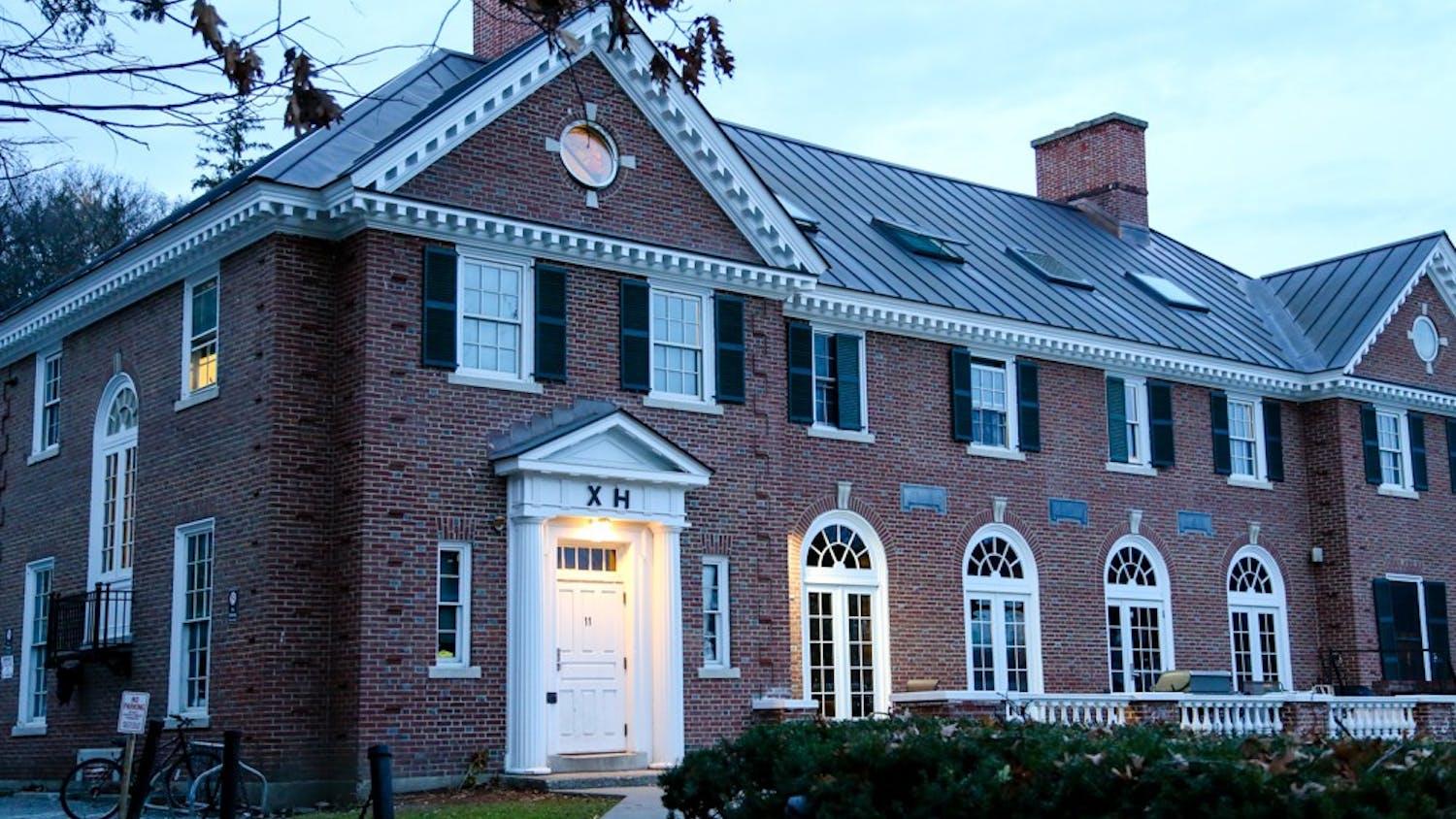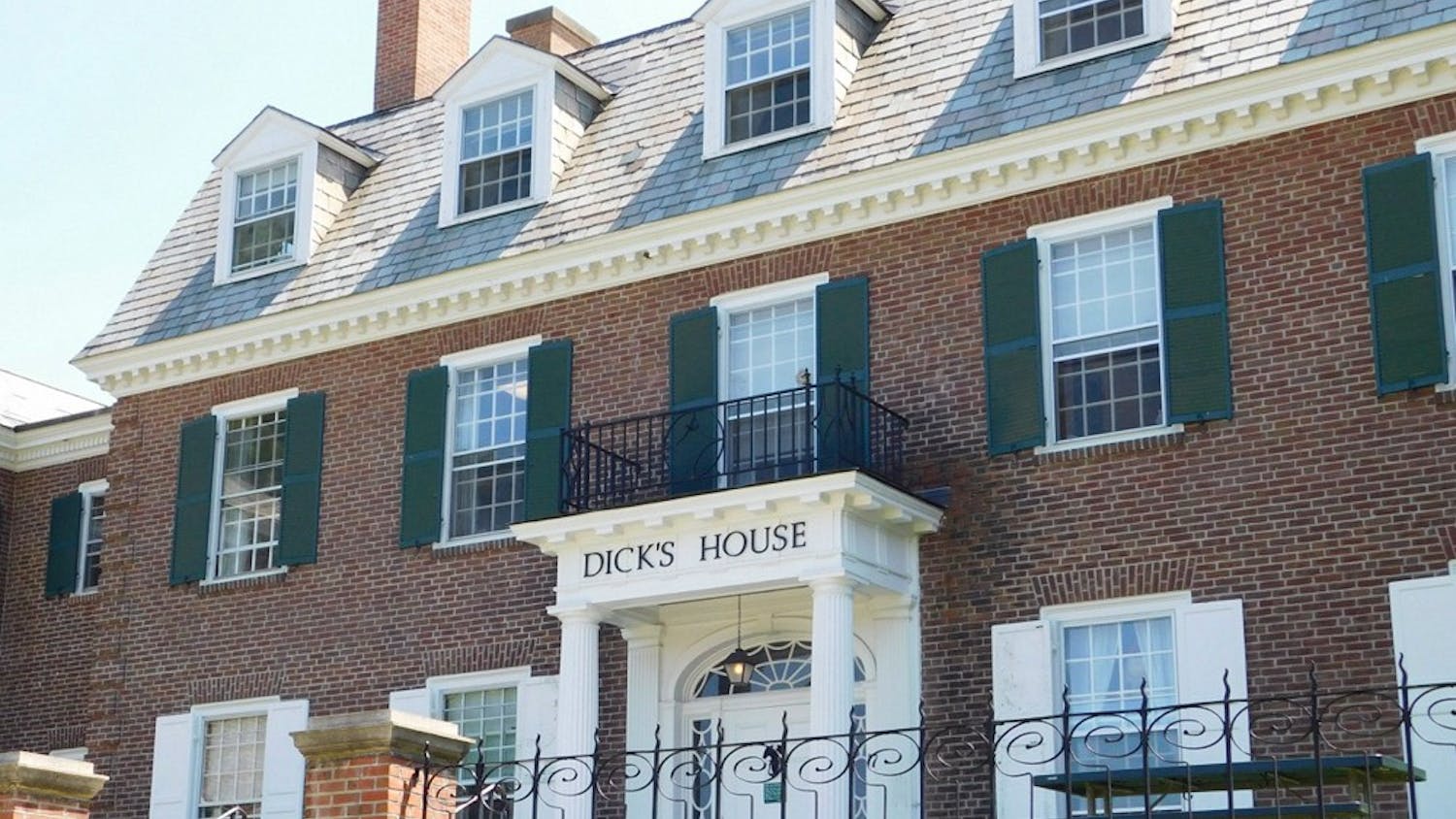Updated: Feb. 24, 2020 at 6:32 p.m.
A termly report published by the College on Monday revealed alcohol and hazing policy violations by several student groups, including the men’s basketball team, women’s track and field team and five Greek houses.
Many of the violations, listed in the Fall 2019 report of the Organizational Adjudication Committee, occurred in previous years and were the subject of an external investigation after a 2018 report in a student publication made specific allegations of hazing against several student groups.
According to the OAC’s report, the men’s basketball team admitted responsibility for activity that occurred during the summer term of 2019 that violated the school’s alcohol policies, including the hard alcohol policy, causing the team to be prohibited from engaging in social activities for a term.
Another athletics team, the women’s track and field team, admitted to activity in the fall term of 2018 that violated the hard alcohol and hazing policies, and was also prohibited from engaging in social activities for a term. This activity, as well as that of the basketball team, came to the College’s attention through the Department of Safety and Security.
The five Greek houses that committed violations are Alpha Phi sorority, Chi Delta sorority, Kappa Kappa Kappa fraternity, Psi Upsilon fraternity and Zeta Psi fraternity.
Both Chi Delt and Psi U admitted responsibility for activities in the fall terms of 2016, 2017 and 2018 that violated the College’s alcohol and hazing policies. The two Greek organizations, according to the report, are required to “engage with Greek Life and their local leadership to implement educational initiatives.”
Tri-Kap likewise admitted responsibility for activity occurring in the summer term of 2018 that violated the alcohol and hazing policies, resulting in a deferred suspension.
The Dartmouth first reported last fall on the violations committed by APhi and Zete, which resulted in one- and two-term suspensions, respectively. APhi admitted responsibility for activities that occurred in the fall terms of 2016, 2017 and 2018 that violated hazing and alcohol policies. Zete, meanwhile, received its suspension — as well as alcohol probation during the current term and College probation in the spring term — due to the possession and service of hard alcohol during the summer term of 2019.
All of the organizations listed, with the exception of Chi Delt and Psi U, are required to complete the Brief Alcohol Screening & Intervention for College Students program and engage with the College to implement educational initiatives.
The report also states that the College investigated allegations of possible hazing activity by the men’s crew team. While the investigation did not discover sufficient evidence to support the claims, the athletics department will review relevant College policies with the team.
According to the report, several of these activities came to the College’s attention due to an article published in a student publication, which prompted the College to hire an external investigator in fall 2018 to evaluate the allegations. The Dartmouth reported at the time that the investigation, involving allegations against 13 total student groups, was prompted after several anonymous reports were made through the LiveSafe app as well as Safety and Security reports, first-hand accounts and an op-ed briefly published on the website of the Dartmouth Radical that made specific allegations against several organizations based on anonymous sources.
Community standards and accountability director Katharine Strong wrote in an email statement to The Dartmouth that the findings published today came in response to reports of behavior both in fall 2018 and summer 2019.
"In each case, the available information was reviewed, a determination of responsibility was made, and a determination of how to respond was made," Strong wrote. "To be clear: these are outcomes delivered in the fall and not behaviors that occurred or were reported in the fall."
Strong noted that it is not typical for the College to receive reports covering multiple years or organizations, but that it is standard to review and investigate reports regardless of when they occurred.
"We will continue to respond to any report that is submitted by following our process and working with organizations to review expectations and consider the safety of their members and the Standards of Conduct," Strong wrote.
Representatives from the organizations listed could not immediately be reached for comment.
This article will be updated as more information becomes available.




